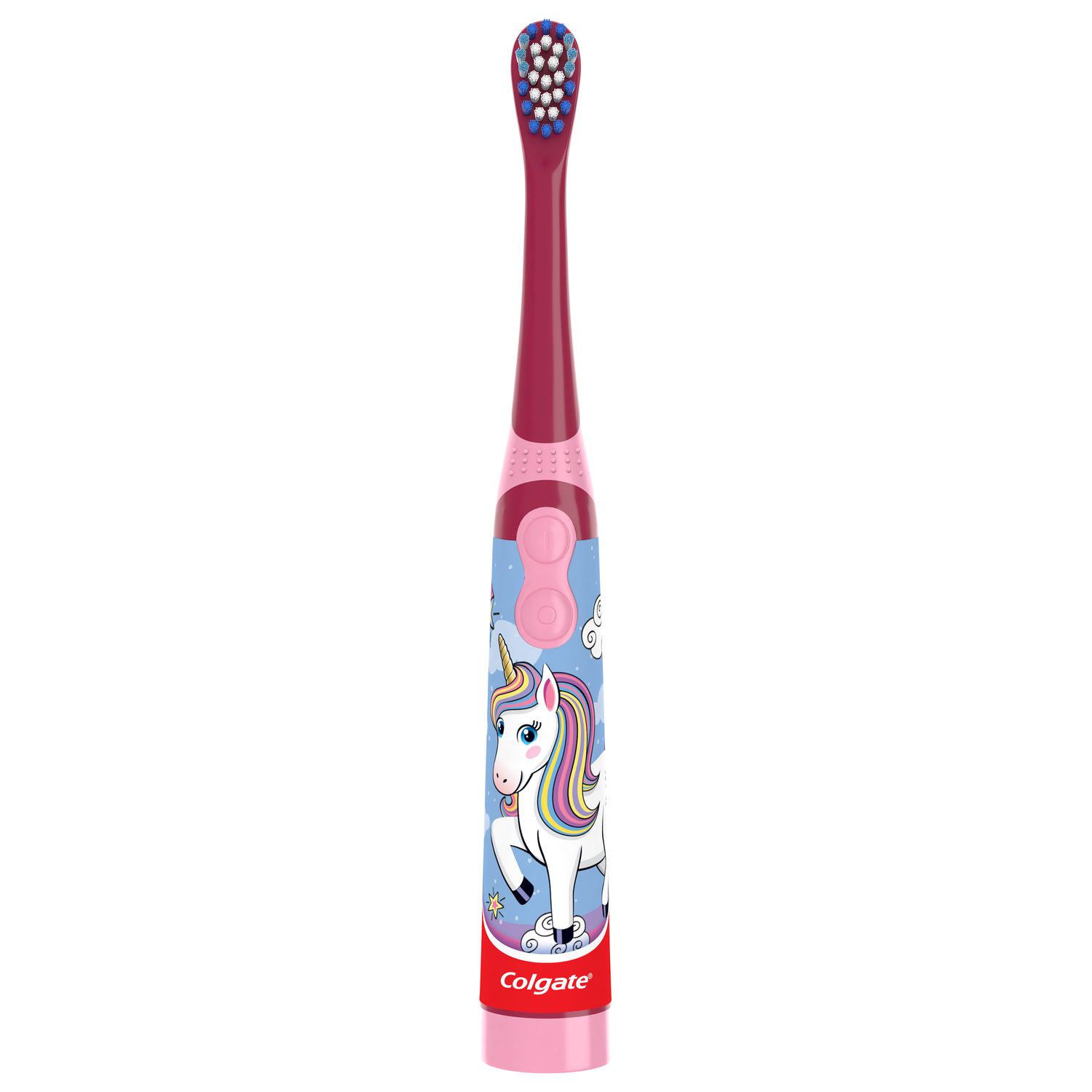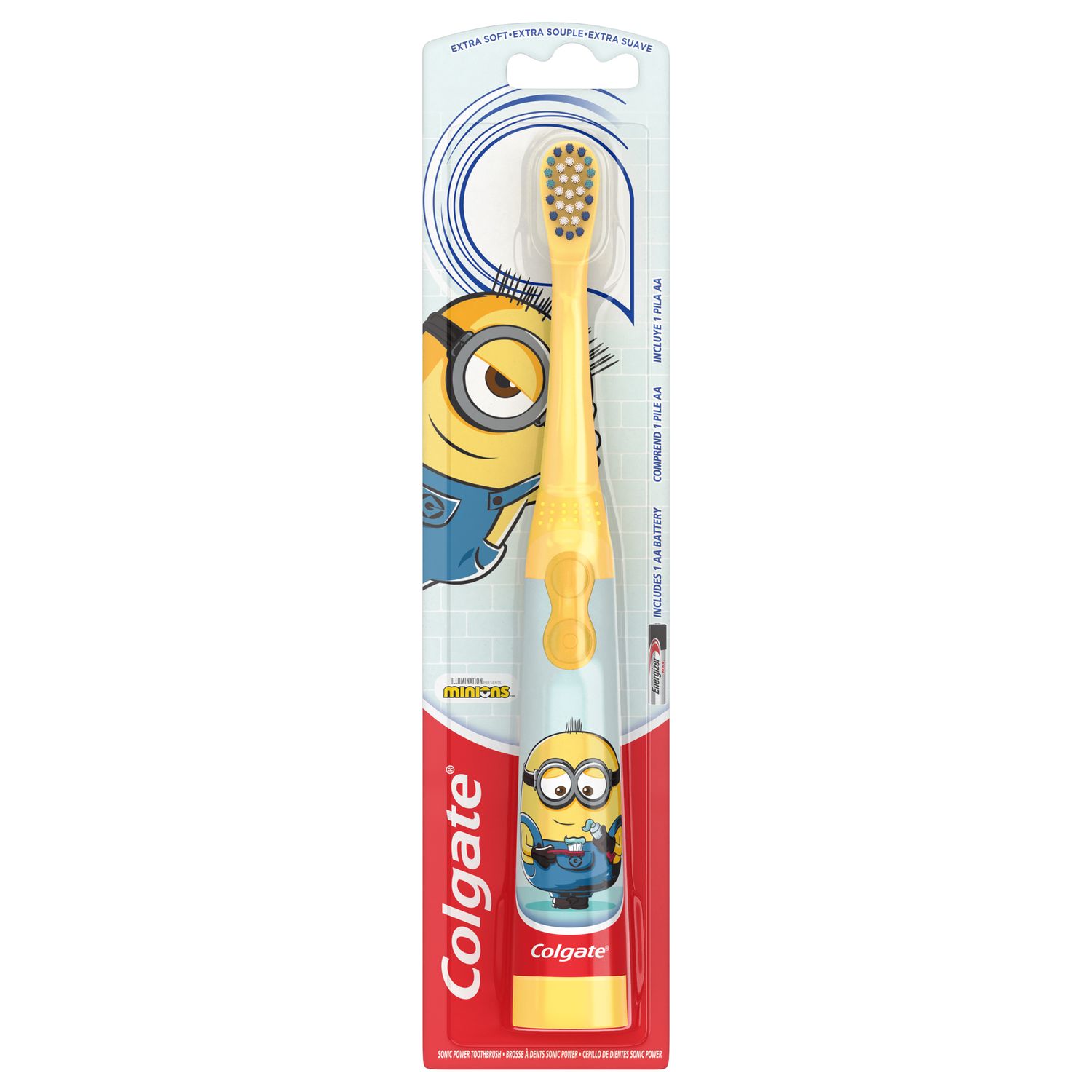Small Teeth, Big Impact
Your child’s baby teeth don’t stick around forever! They start to arrive at six months old, and then start to fall out at around six years of age, with all baby teeth gone by around 12 years old. However, even though these little teeth aren’t around for long, they have a lasting impact on your child’s lifelong dental health.
The baby teeth act as placeholders for the permanent teeth that follow them. As the baby teeth fall out, permanent teeth quickly move into the space they leave behind. If baby teeth are lost early, though, that space can change dramatically by the time the permanent teeth eventually come through.
Biting, chewing and other forces can push the surrounding teeth into the gap, leaving the permanent teeth with little or no room. They can come through crowded or crooked, increasing the risk of tooth decay and possibly needing orthodontic treatment. And some permanent teeth aren’t able to grow in at all. This is known as having an impacted tooth, and may require surgery to fix.
Caring for Tiny Teeth
So what can cause baby teeth to fall out early? The most common causes are injury and tooth decay. Caused by a build-up of plaque and bacteria, tooth decay happens when acids produced by the bacteria eat away at the hard enamel surface of the tooth.
Babies and young children are especially vulnerable to the effects of tooth decay because the enamel on their tiny teeth is much thinner than the enamel on a permanent tooth. Decay can eat through the enamel much faster, quickly leading to a cavity (hole) in the tooth.
If not treated promptly, tooth decay can do a lot of damage to tiny teeth. It can quickly spread from the enamel to the softer dentin layer underneath, and then to the pulp at the center of the tooth. This is where the blood vessels and nerves of the tooth are, so decay that reaches the pulp can be very painful. In severe cases, the tooth needs to be removed.
Childhood caries (another name for tooth decay) is a huge problem for little ones all over the world, but it doesn’t have to be! With proper oral hygiene, a healthy diet, and regular dental visits, tooth decay in children can be prevented. Check out this handy visual guide for everything you need to know about caring for tiny teeth…
Brush Up On Brushing
- Choose a soft-bristled toothbrush designed for your child’s age.
- Use a smear of fluoride toothpaste for children under 2.
- Use a pea-sized amount of fluoride toothpaste for children 2 and older.
- Remind your child not to swallow toothpaste.
- Hold the brush along the gumline at a 45º angle.
- Start by brushing the inside surfaces and the biting surfaces.
- Finish by brushing the outside surfaces.
- Brush gently in small, circular motions, including the gum line.
- Floss when your child has two teeth that touch.

Dentist Dos And Don’ts
- Schedule your child's first visit to a dental professional when they get their first tooth, or no later than their 1st birthday.
- Never surprise them with a visit.
- Before you go, act out what will happen and why it's important.
- Bring a favorite toy to alleviate any anxiety.
- Let them observe an older sibling's exam.
- Reschedule the appointment if your child is upset.
- Reward good behavior with stickers or a treat.
Nighty Not
Don't let your baby fall asleep with a bottle of juice, milk or formula.
- Prolonged exposure to sugary liquids could cause “baby bottle” tooth decay.
- After feedings, wipe your baby's teeth and gums with a damp washcloth or gauze.
Teething
6-12 months
Rub gums with:
- Fingers
- Backside of cool spoon
- Chilled teething ring
Thumb Sucking
3 months - 4 years
Discourage it by:
- Covering the thumb with a bandage (not a band-aid).
- Providing distracting activities that use both hands.
- Using positive reinforcement, praise and rewards.
Tooth Loss
6 years
Avoid soreness/bleeding by:
- Telling your child to chew food on the other side of the mouth.
- Letting your child gently wiggle the baby tooth until it falls out.
If your child experiences complications, see a dental professional.
Oral Care Center articles are reviewed by an oral health medical professional. This information is for educational purposes only. This content is not intended to be a substitute for professional medical advice, diagnosis or treatment. Always seek the advice of your dentist, physician or other qualified healthcare provider.
ORAL HEALTH QUIZ
What's behind your smile?
Take our Oral Health assessment to get the most from your oral care routine
ORAL HEALTH QUIZ
What's behind your smile?
Take our Oral Health assessment to get the most from your oral care routine















